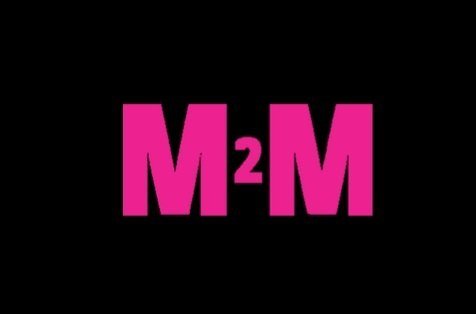M2M Origin: A Deeper Story.
In the midst of multiple pandemics in the fall of 2020, many of us were thinking about what we value. We saw communities struggling at a crossroads between a white-supremacist, patriarchal inheritance where systems codify oppressions and shape public opinions, and a new path towards something else. We considered what was missing, what we did not see, feel or experience in our public spaces and in the monuments that are supposed to represent us. We realized we were missing the deeper story of our communal accomplishments; we did not see it anywhere.
Together we imagined: what is possible when we create, imagine, work, fight, recognize and thrive together? Who, why, and how do we monumentalize in our public spaces? We need a new vision and an evolving process that is not just inclusive of the world’s diversity, but also restitutional, feminist and centered in restorative justice. We embrace equitable creative collaboration and participation to elevate the value of collective action and social impact. We offer a re-envisioning of monuments, using an intersectional feminist framework.
We have created this together with our M2M Movement Builders.
First we agreed on our 4 pillars for envisioning new monuments: commemorate collective action over individuals; employ intersectional feminist theory and tools; insure inclusive participation; and embrace impermanence.
Next we co-created a process of collaborative design and implementation to create new and impactful models for commissioning public works that: actively engage, re-contextualize, and commemorate accomplishments within the feminist strategic arena; promote concepts and gestures that are porous, evolving, and impermanent; and animate participation within the widest spectrum of identities, experiences, geographies and realities.
Then we gathered. We came together across time zones (as we could on Zoom) to participate in exciting international workshops held during Spring 2021. Filled with sparkling, brilliant cultural producers, theorists, writers, historians, artists, activists, designers, architects, academics, urban planners, business entrepreneurs, social justice leaders, movement builders and organizers, we together challenged traditional and regressive monument concepts and imagined what could be and how we can build this movement collectively. The workshops strengthened and inspired our shared vision. Together we planted the seeds for our inaugural initiatives.
Our Deeper Story includes all of us.
M2M Pillars.
-
Redefining Monuments Without Heroes.
Monuments of the past often idolize one person, a “hero.” M2M honors the wide and inclusive constellation of participants, perspectives and experiences that make a movement, the sustained progress. We commemorate a collective action—the extraordinary cooperation of a group across time, associations, political affiliations, identities and locations.
-
Using Feminist Tools of Practice.
Our work draws from intersectional feminist theory, experience, action and practice. We define feminism as a set of ideas, applications, values and tools that use gender equity as a basis to recognize the multiplicity of participants and perspectives, promote equality, and create great social change in systems and structures.
-
Equitable, Inclusive Participation.
We need new models of equitable participation and engagement. Our process employs democratic, feminist decision-making that resists authoritative structures in favor of community-engaged, open discussion. Each new M2M initiative is informed by under-told stories, authored by less visible communities and built through cultural participation. We value the discovery process as much as the final product.
-
Embracing Impermanence in Public Spaces.
We embrace the impermanence of future monuments. We need to respond to urgent moments, widen definitions and expand access. We advocate for new models and reject old patriarchal assumptions of value and permanence. Public and communal spaces, and the art that occupies them are ecosystems, changing in response to people and histories.
Image caption: Listen To Learn mural by Hello Kirsten, curated by Neysa Page-Lieberman for the Wabash Arts Corridor / Columbia College Chicago, 2019. Ph: NPL 2019.

